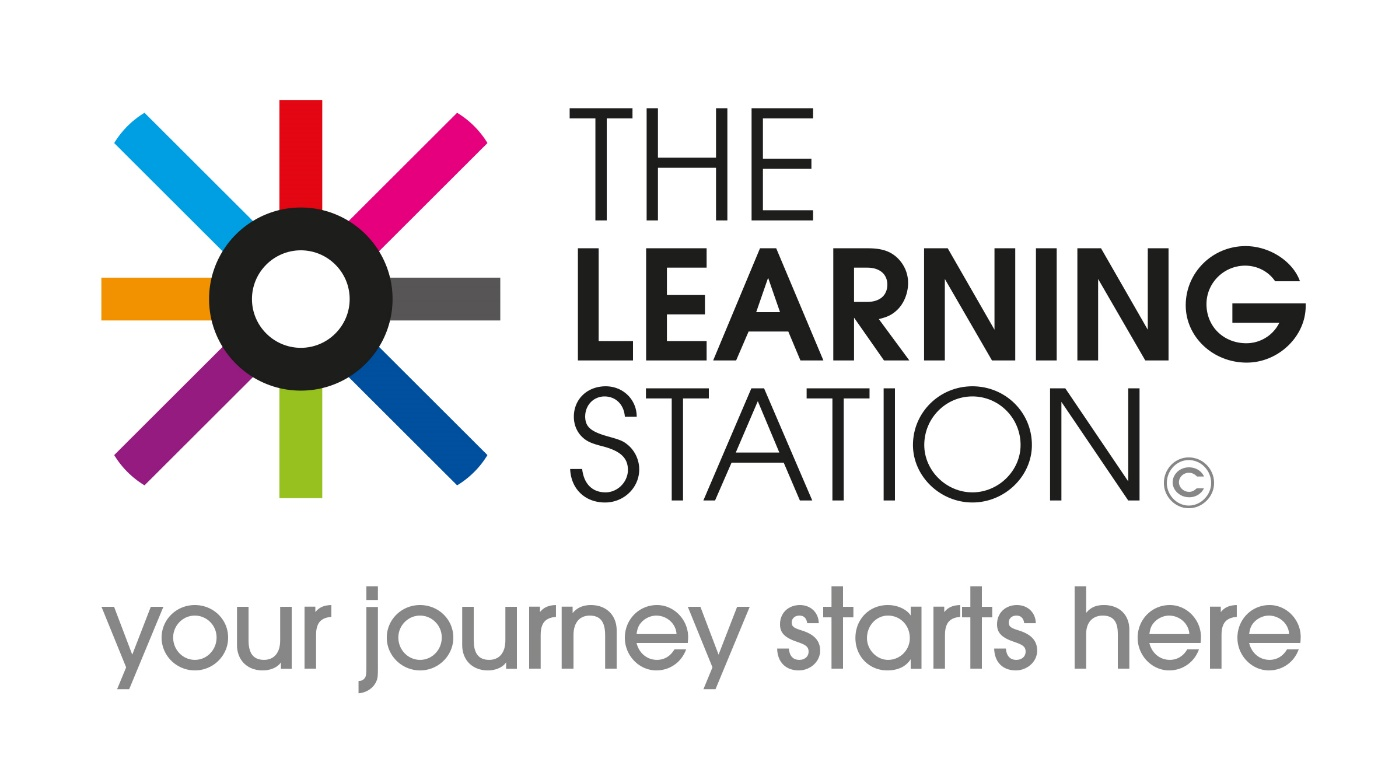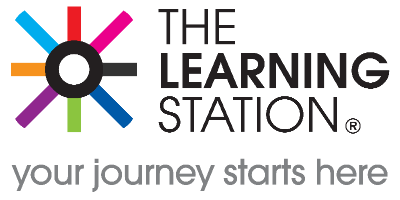
Conflict of Interest Policy
Purpose
The purpose of this policy is to provide guidance to relevant individuals on handling possible conflicts of interest that may arise as a result of The Learning Station role as a training provider, assessor and moderator of accredited units and qualifications. This policy applies to all staff and other individuals whenever they interact or potentially interact with any of The Learning Station Accredited Training functions.
This policy:
-
defines what is meant by conflict of interest
-
sets out the roles and responsibilities for managing conflict of interest
-
Illustrations of potential conflict of interest situations.
Scope
It is the policy of The Learning Station that Tutors, Assessors and Internal Verifiers acting on behalf The Learning Station (including those with whom The Learning Station has a Partnership Arrangement) must be free from conflicts of interest that could adversely affect their judgement or objectivity to the organisation in conducting business activities and assignments. The Learning Station recognises that tutors and assessors may take part in legitimate financial, business, charitable and other activities outside of The Learning Station approved centre and The Learning Station recognised provider roles, but any potential conflict of interest raised by those activities must be acknowledged, disclosed, and in relevant cases properly managed.
It is the responsibility of each individual to recognise situations in which they have a conflict of interest, or might reasonably be seen by others to have a conflict; to disclose this conflict and to take such further steps as may be appropriate and set out in more detail under the procedure below.
Definition of conflict of interest
A conflict of interest is a situation in which an individual, or organisation, has competing interests or loyalties. Conflicts of interest can arise in a variety of circumstances in relation to awarding organisation activity, for example:
-
Where the training delivery function and the awarding function rest within one organisation and the functions are not strictly delineated
-
When an individual has a position of authority in one organisation which conflicts with his or her interests in another organisation
-
When an individual has personal interests that conflict with his/her professional position
-
Where someone works for or carries out work on The Learning Station’s behalf, who has friends or relatives taking Courses.
-
A conflict of interest may generally be defined as a conflict between the official responsibilities of a tutor, assessor, and internal verifier, the owner and any other interests the particular individual may have and as such could compromise or appear to compromise their decisions
-
A person who is connected to the development, delivery or award of qualifications by the organisation has interests in any other activity which have the potential to lead that person to act contrary to his or her interests in that development, delivery or award in accordance with the awarding organisations conditions of recognition
-
An informed and reasonable observer would conclude that either of the above situations was the case
Examples of conflicts of interests
It is not possible to provide a definitive list of examples of conflicts of interests, but the following are examples of situations that could lead to actual or perceived conflicts of interest:
-
Tutors and assessors working with a business outside of the approved The Learning Station centre or recognised provider that is in direct competition with them
-
Tutors and assessors participating in the appointment, supervision evaluation or assessment of a person with whom the person has close or familial ties
-
Tutors and assessors having a close or familial relationship with a registered learner, or learners’ family whilst being involved in decisions about the outcome of their accreditation or qualification
-
Or where the person whose remuneration is in part determined by the outcome of the assessment.
-
Tutors and assessors using non-public information or The Learning Station’s learner data for personal gain or advantage
The existence of such interests as those outlined above, does not necessarily imply conflict, but is likely to give an appearance of conflict and as such should be declared.
Roles and responsibilities
All relevant staff undertaking assessment (‘assessors’), moderation (‘moderators’ or ‘verifiers’) and other individuals have a responsibility to be aware of the potential for a conflict of interest. It is likely that individuals working closely with The Learning Station’s Training function will encounter potential conflicts of interest from time to time.
Such situations must be carefully managed to ensure that any conflict of interest does not detrimentally impact on the standards of, or public confidence in, regulated units and qualifications and in The Learning Station or any awarding bodies’ reputation
A declaration of interest by an assessor, moderator or verifier is a declaration of a personal interest in the result of the assessment.
It is the duty of all tutors and assessors to disclose any actual or potential conflict of interest, and the process for doing this is documented below:
Any conflict of interest should be disclosed and recorded on a conflict of interest document which is maintained by a designated person at The Learning Station
If the individual concerned has any changes to their declared circumstances, they must inform their line manager immediately in writing, so that the conflict of interest can be evaluated, and the register updated. The information submitted is then evaluated to identify if any further action is required and a written record of the outcome of the evaluation is kept.
Action
Most situations require no further action than the completion of the conflict of interest form. In some instances, however, the information declared on the form will require some follow up action, in order for the conflict of interest to be managed appropriately. The approach agreed between the Training Manager/ Centre Manager and the tutor and assessor, will be documented and held with the conflict of interest forms.
Examples of actions that could be taken
-
Individual not taking part in discussions or decisions of certain matters
-
Referring certain matters such as assessment, verification and recommendations for credit for decision to others with no vested interest
-
Agreeing not to be involved in a particular project
-
Declaring an interest when it is appropriate to do so
-
Referring the matter to The Learning Station for advice
- Page 4 of 4 Updated in November 2023



 Student Login
Student Login My Account
My Account